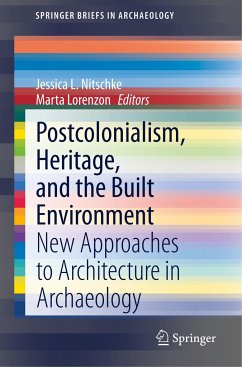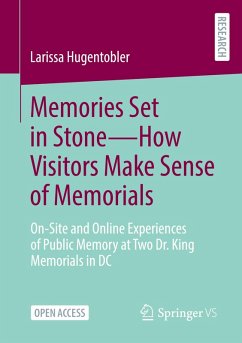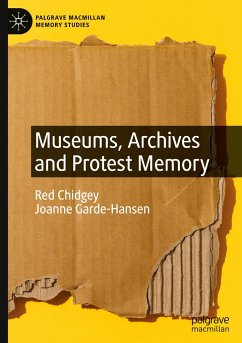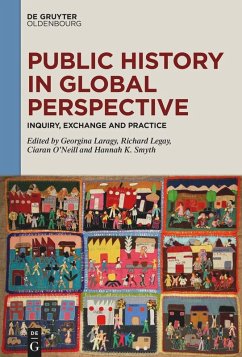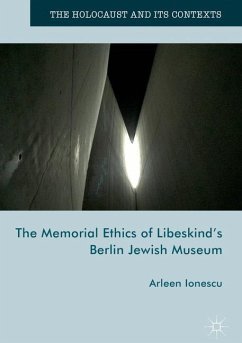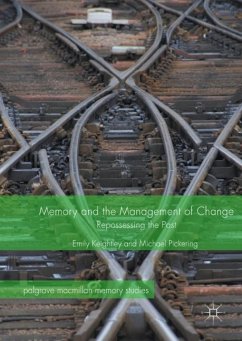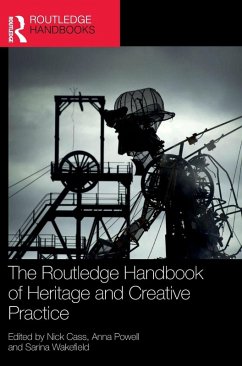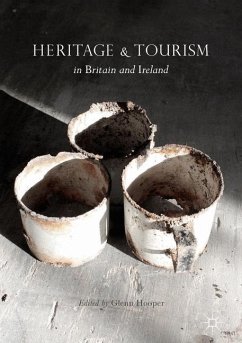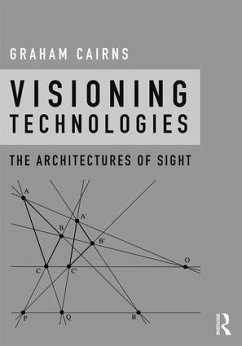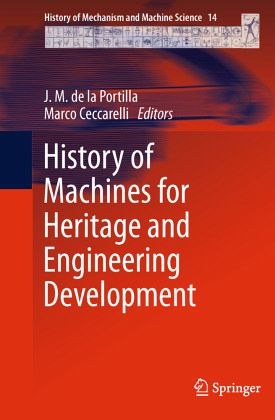
History of Machines for Heritage and Engineering Development

PAYBACK Punkte
20 °P sammeln!
This volume contains a selection of papers whose content have been presented at the International conferences CIPHI on Cultural Heritage and History of Engineering at University of Las Palmas de Gran Canaria in the Canary Islands, Spain, in recent years.The conference series is aimed at bringing together researchers, scholars and students from a broad range of disciplines referring to the History of Engineering and Cultural Heritage, in a unique multidisciplinary forum to stimulate collaboration among historians, architects, restaurateurs, and engineers.These papers illustrate, by treating spe...
This volume contains a selection of papers whose content have been presented at the International conferences CIPHI on Cultural Heritage and History of Engineering at University of Las Palmas de Gran Canaria in the Canary Islands, Spain, in recent years.The conference series is aimed at bringing together researchers, scholars and students from a broad range of disciplines referring to the History of Engineering and Cultural Heritage, in a unique multidisciplinary forum to stimulate collaboration among historians, architects, restaurateurs, and engineers.
These papers illustrate, by treating specific emblematic topics and problems, technical developments in the historical evolution of engineering concerning cultural heritage. Thus, emphasis is given to a discussion of matters of cultural heritage with engineering history by reporting authors' experiences and views. Topics treated include: reutilization of industrial heritage: the unique example of the Royal Segovia Mint in Spain; the image of factories; Pedro Juan De Lastanosa and "the twenty-one books of devices and machines of Juanelo"; the historical development of paper-mills and their machines in South Latium during 19th century; a virtual reconstruction of a wave-powered flour mill from 1801; 3D modelling and animation study of the industrial heritage wonders; a new model of the hydraulic machine known as "el artificio de Juanelo"; and the mystery of one Havana portrait, on the first steam machine in Cuba.This work has been made possible thanks to the invited authors who have enthusiastically shared this initiative and who have spent time and effort in preparing the papers in much more detail that in the conference presentations.
These papers illustrate, by treating specific emblematic topics and problems, technical developments in the historical evolution of engineering concerning cultural heritage. Thus, emphasis is given to a discussion of matters of cultural heritage with engineering history by reporting authors' experiences and views. Topics treated include: reutilization of industrial heritage: the unique example of the Royal Segovia Mint in Spain; the image of factories; Pedro Juan De Lastanosa and "the twenty-one books of devices and machines of Juanelo"; the historical development of paper-mills and their machines in South Latium during 19th century; a virtual reconstruction of a wave-powered flour mill from 1801; 3D modelling and animation study of the industrial heritage wonders; a new model of the hydraulic machine known as "el artificio de Juanelo"; and the mystery of one Havana portrait, on the first steam machine in Cuba.This work has been made possible thanks to the invited authors who have enthusiastically shared this initiative and who have spent time and effort in preparing the papers in much more detail that in the conference presentations.





